
That Which is Beyond Time
When we become aware of ourselves, we create something separate from the machine. The triad is different when we are aware of ourselves. That is what allows us to wake up.
Read More…The Fourth Way and Esoteric Traditions

When we become aware of ourselves, we create something separate from the machine. The triad is different when we are aware of ourselves. That is what allows us to wake up.
Read More…
We imagine “freedom” means being able to follow whatever ‘I’s the machine happens to have, and “will” a way to actualize any desire that comes into the machine. In reality, however, freedom and will begin from being able to separate from the machine, and this separation begins with the ability to do what it does not want to do.
Read More…
When students work only on the first line, it is a form of identification with themselves. The idea is that “I want to wake up,” but that ‘I’ cannot wake up. Something has to take us out of ourselves and into a larger scale than “me, me, me.” The danger of working only on the […]
Read More…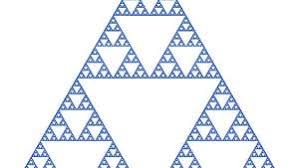
Ordinarily—that is, in the second state—our machines function on the basis of stimulus and response. This means that some stimulus is the first force for our actions. The stimulus initiates the action, while our reactions to it are the second force. The third force determining the nature of the reaction comes from our mechanicality: chief feature, type, and so on.
When we we are observing ourselves, however, our work introduces a new triad. In this triad, the work is the first force and mechanicality is the second force. The observer (and eventually the steward and then higher centers) is the third force. This represents the process of regeneration, in which the form provided by the Work acts on the matter of the machine with a third force stemming from consciousness.
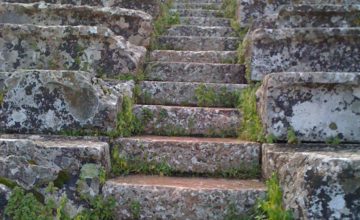
These, then, are five ways to work with a ‘negative’ situation: (1) to change the situation; (2) to change the machine’s reaction to the situation; (3) to separate from the situation; (4) to separate from oneself; and (5) to turn the focus of one’s attention toward something higher. They do not replace each other but rather build on one another.
Read More…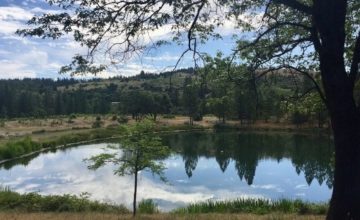
How can we describe a higher state of existence? The author describes how the third state of consciousness serves as a bridge to higher awareness. Expressing the Inexpressible Picture in your mind the most beautiful sunrise you have ever seen. Now imagine trying to explain that experience to someone who not only has been blind since birth […]
Read More…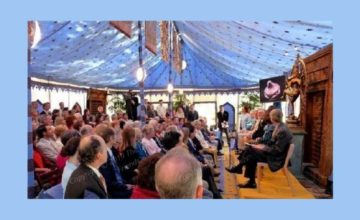
A School Requires Special Efforts It is not necessary to awaken to satisfy all the demands of life on the planet earth. Consequently, awakening requires that one make efforts beyond those one would make in life. This is the idea of “super-effort.” Ouspensky describes, in In Search of the Miraculous (page 347), when a man, after […]
Read More…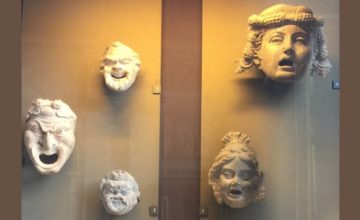
Will, unity and the many I’s In the Fourth Way, a student learns to understand the difference between will and mechanicality. What is the unifying principle to overrule the many parts of our being? The work is upside down and backwards to life. To life, “freedom” means being able to follow the many ‘I’s the […]
Read More…